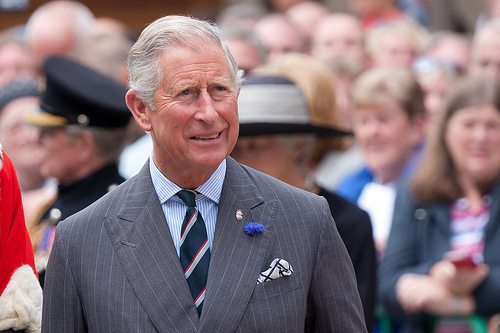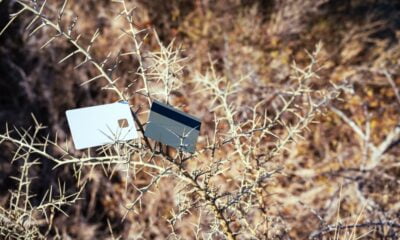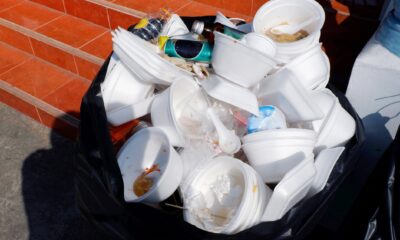

Economy
Prince Charles praises sustainable food and calls for polluters to pay
An event to investigate the ‘true cost’ of food has received support from the Prince of Wales, who is known for being a long-time advocate of ecologically-friendly farming.
The True-Cost Accounting in Food and Farming conference, hosted last week by the Sustainable Food Trust, brought together academics, charities and businesses to discuss possibilities for a more sustainable food system.
Speakers included the founder of the Feeding the 5000 initiative Tristram Stuart, BBC presenter John Humphrys, RSPB chief Mike Clarke and CEO of Triodos Bank Peter Blom, as well as a number of high-profile academics.
In a video message, the prince urged delegates to continue discussing the issue of producing food sustainably, without damaging the planet. He explained, though, that it was difficult to promote such an ecological approach in economic terms.
“The financial odds are heavily stacked against you and the polluter most definitely does not pay”, he said, adding that the polluter pays principle – where large industrial polluters are made to pay for the damage they do to the natural environment – was one of the “missing pieces in the jigsaw” in his mind.
The prince said the despite such a principle potentially harming “vested interests” in the food system, if we take into account the environmental and social cost of the system, it becomes clear that we “play a dangerous game if we neglect the welfare of the very elements that support food production”.
He also said that the polluter pays principle does not necessarily damage business as opportunities in the recycling sector for instance could benefit the economy.
“We have to find a way for valuing, in financial terms, the increasing damage done to the Earth’s life support system by our overreliance on intensive, chemicals-based, monoculture farming system”, he said, adding that the “economic invisibility of nature” has been the main issue.
“We forget that the ultimate source of all economic capital is natural capital and not the other way round”.
The prince concluded by encouraging the organisations at the event to research ways to promote an affordable and sustainable food and farming system over the long-term – one that puts “nature at the heart of the process”.
Further reading:
Defra launches subsidy consultation on how to benefit farmers and environment
Sustainable agriculture can help tackle climate challenges
The role of aquaponics in food production: prepping for a sustainable future
Prince Charles: our countryside is as precious as our cathedrals


 Features10 months ago
Features10 months agoWhat is the Eco-Friendliest Option to Wash Your Dishes?

 Environment12 months ago
Environment12 months agoBuilding a Career in Green Construction: Tips and Insights

 News11 months ago
News11 months ago5 Ways Fleet Maintenance Software Can Help Businesses Be More Eco-Friendly

 Features10 months ago
Features10 months agoAddressing Pressing Ethical Concerns with Crypto Exchanges





























